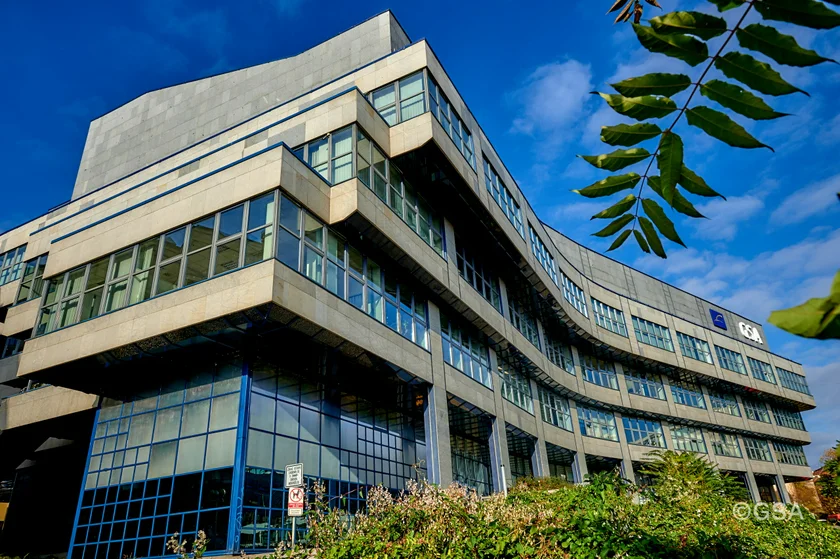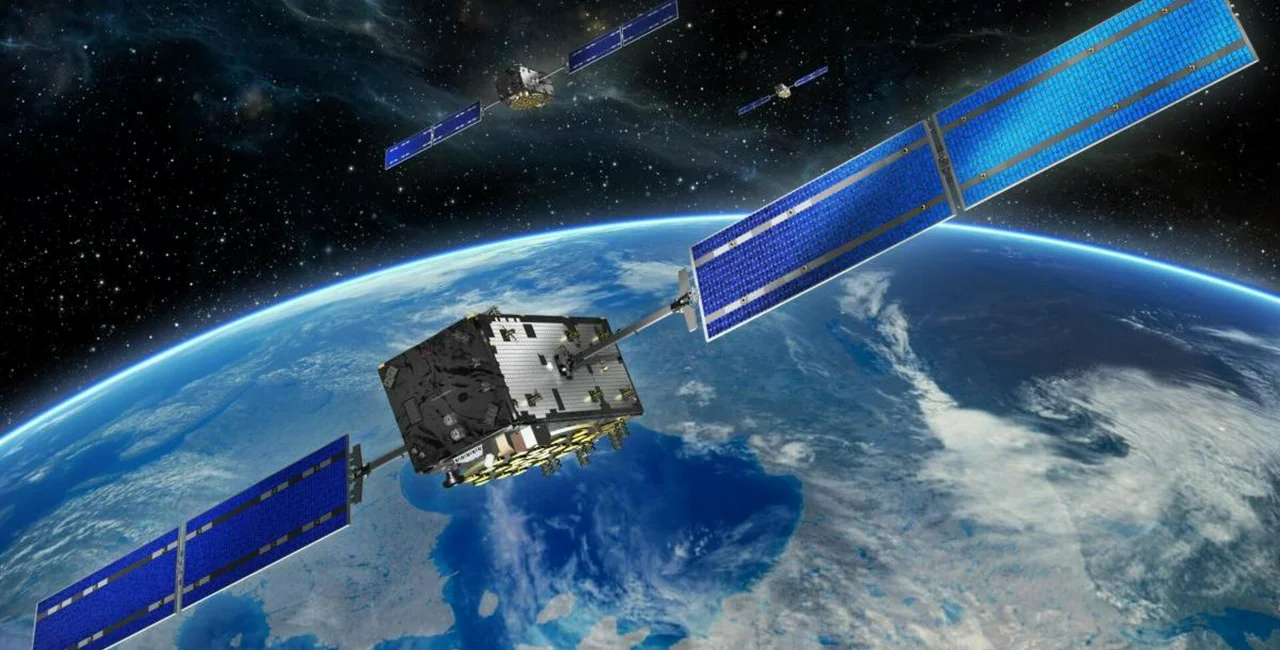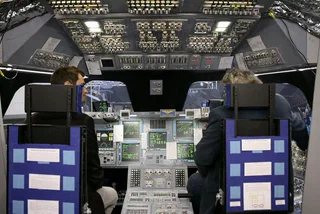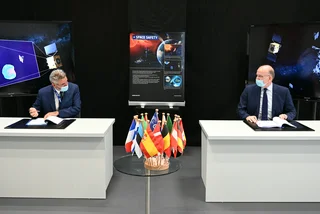Prague is one of the European Union’s centers for space research, but what scientists do here remains a mystery to most people. This week, however, offers a unique chance to find out more about Czechia's role in space exploration.
The European Union Agency for the Space Programme (EUSPA) will have an open house at its headquarters in Prague’s Holešovice district on Dec. 9–10 from 9 a.m. to 6 p.m. Organizers describe the event as an immersive experience that will introduce visitors to EUSPA and its mission.
People’s daily lives are influenced by what happens in space much more than they realize. “Satellites in orbit allow millions of people to communicate and navigate using new technologies, to travel by land, sea, and air, and to develop ways with which we can improve the health of our planet and grow our economy,” EUSPA says.
On 9-10 December, during #EUSPAOpenDays, you'll be able to enter our HQ in Prague and discover the #EUSpace Programme through:
— 🇪🇺 EUSPA - EU Agency for the Space Programme (@EU4Space) December 2, 2022
📌An immersive Copernicus exhibition
📌Seminars and workshops
📌Discussions with experts about opportunities
More details: https://t.co/4qNJy09wBF pic.twitter.com/DrYvDqS4aK
The two days of the open house offer learning opportunities, seminars, a space workshop, competitions, and prizes. EUSPA experts will be on hand to discuss career or space entrepreneurship opportunities.
Visitors will find an immersive exhibition on the Copernicus program, one of EUSPA's key projects based in Prague. Copernicus is an Earth observation program that monitors the environment. It collects data from multiple sources including satellites, ground stations, and sensors in the sea and air.
Users of Copernicus have access to near-real-time information that can be used for environmental protection, regional planning, sustainable development, civil protection, and tourism.
Ever-expanding responsibilities
The Copernicus program was recently added to the Prague headquarters' original mission of overseeing parts of the Galileo and EGNOS projects.
#Copernicus for #WorldSoilDay
— Copernicus EU (@CopernicusEU) December 5, 2022
Protecting #soil is protecting our future #OpenData from our #Sentinel and Copernicus Services contributes to improved management of this precious resource
⬇ï¸Multitemporal NDVI image of agricultural fields in #Spain 🇪🇸 obtained with #Sentinel2ðŸ–¼ï¸ pic.twitter.com/GEUuG3V8XS
Applications for both these projects range from agriculture to precise navigation at sea. In 2020, Prague Public Transit Company (DPP) announced it would use Galileo instead of GPS to track the location of trams.
EUSPA has also taken on additional responsibilities relating to GOVSATCOM, which provides secure communications for governmental applications such as crisis management, surveillance, and infrastructure management.
A decade in Prague
In September, EUSPA celebrated 10 years of calling Prague its home. The agency, which at the time was called the European GNSS Agency (GSA), moved to the Czech capital in 2012.
"Prague offers a high quality of living, access to a skilled talent pool, and great connections to the rest of Europe, making it a truly European city fit to host an EU agency," EUSPA Executive Director Rodrigo da Costa said in September.

He added that the EU agency is dedicated to serving the space needs of citizens, businesses, and other stakeholders from all EU members. "By engaging with the entire EU space community, we contribute to achieving such European goals as the Green Deal and digital transformation – all while reinforcing the EU’s autonomy and resilience," he said.
In the past decade, EUSPA has provided significant funding to start-ups, small businesses, and research across the EU, including EUR 2.2 million to Czech-based initiatives.
Earlier this year, EUSPA signed an amended host agreement with the Czech Republic, cementing Prague’s place at the heart of the EU Space Programme for years to come.
“I look forward to continuing to call this vibrant city home and, together with our Czech partners, further grow the EU Space Programme and develop the European space economy,” da Costa said.
The Prague headquarters is just one of many centers for space research and projects in the EU. There are also bases in Spain, Germany, Belgium, Italy, and France.












 Reading time: 3 minutes
Reading time: 3 minutes 



































